Science and languages shake-up in new Wales GCSEs
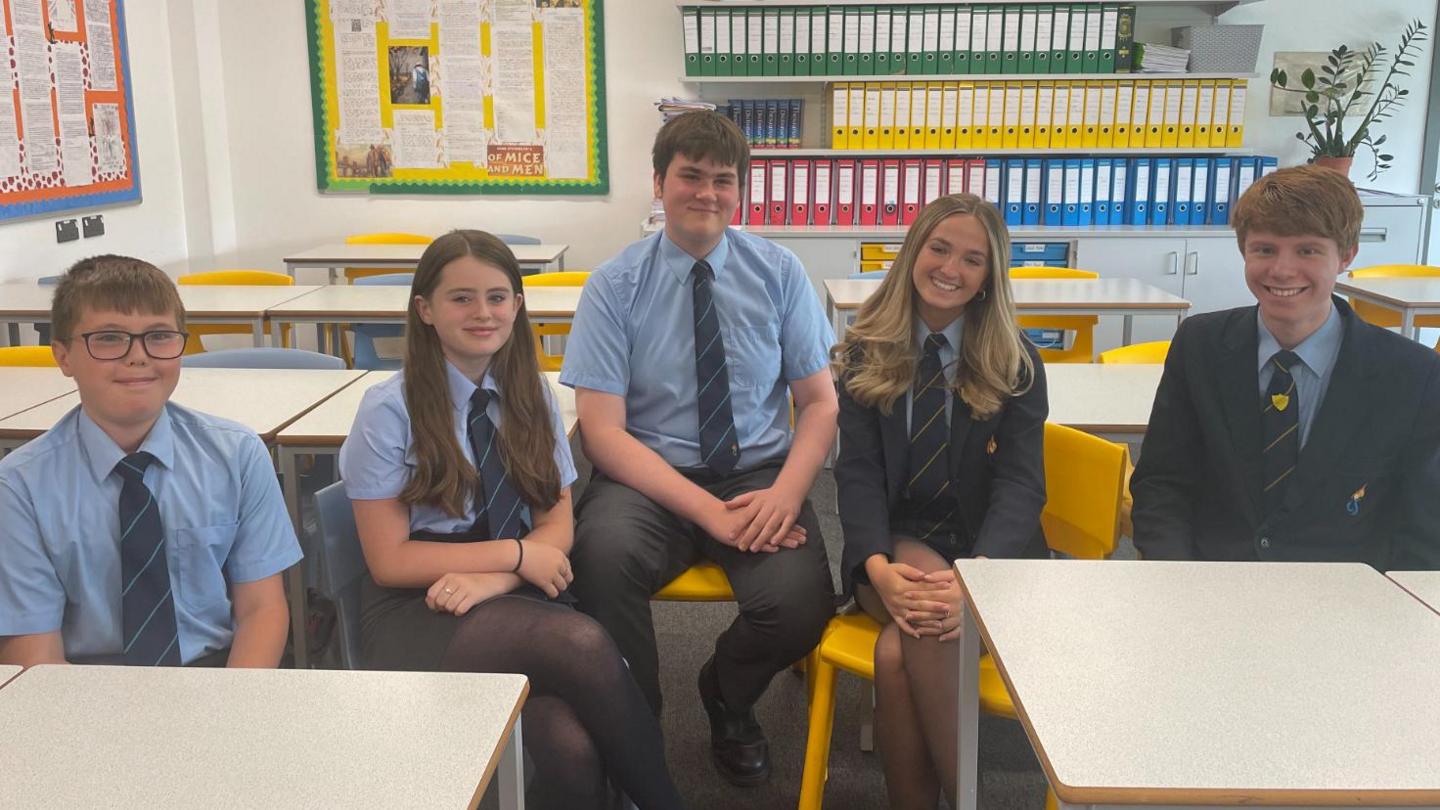
Some pupils at Monmouth Comprehensive School say they are "a bit nervous" about the GCSE changes while others say it is time to "shake things up"
At a glance
Details of revamped GCSEs in Wales from 2025 revealed
Separate sciences will be scrapped, prompting concerns
English literature and language will be merged into a single qualification, as will Welsh
- Published
New-look GCSEs for Wales which include scrapping separate sciences and merging language and literature qualifications have been signed off.
Pupils will start studying the new courses in 2025 as part of the revamped schools' curriculum.
Science organisations called some of the changes "damaging" and "disappointing".
Qualifications Wales said the reformed GCSEs would "look and feel different".
One head teacher said blending sciences risked "dumbing down" subjects and his pupils also told BBC Wales about some of their concerns.
Current Year 7 pupils - 11 and 12-year-olds - will be the first to study the new GCSEs when they reach Year 10 in September 2025, sitting exams in 2027.
A total of 26 new and updated GCSEs are being introduced with changes to the content of qualifications and the way they are assessed with less emphasis on exams.
Some of the new GCSEs will not be introduced until 2026.
The proposals were first unveiled in October 2021, sparking a debate about key subjects.
New lessons 'exciting but a challenge' for schools
- Published14 June 2022
Experts query teaching of Welsh history in schools
- Published3 December 2022
Despite there being "lots to welcome", Hugo Hutchison, head teacher of Monmouth Comprehensive School, said blending sciences risked "dumbing down" subjects.
"It's really important to look at the qualifications that students in Wales are getting to make sure that it's not standing still and moving with the times," he said.
"The concern that I've got is that a move away from subjects such as physics and biology and an amalgamation of subjects is undermining the future of qualifications in Wales."
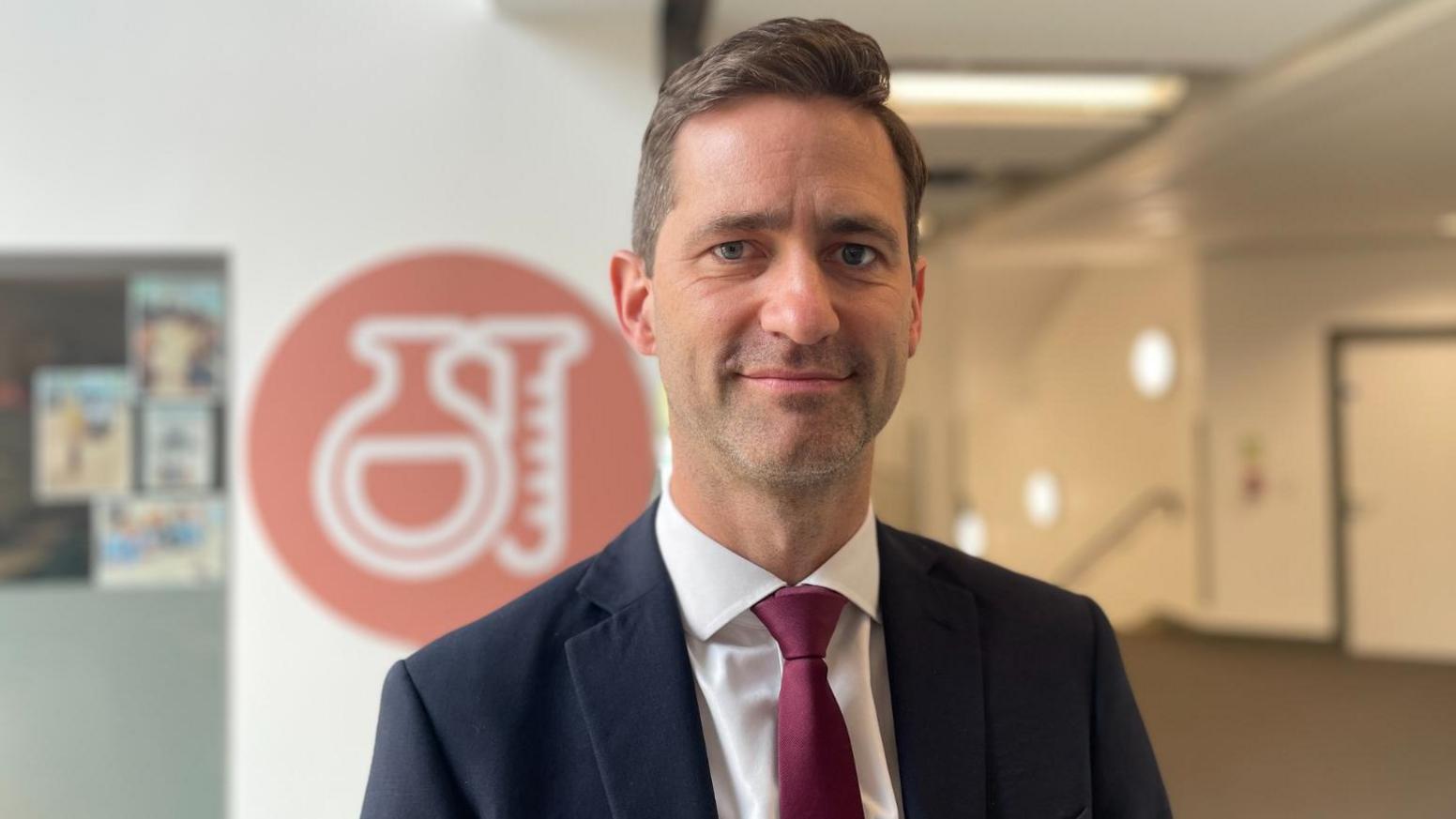
Head teacher Hugo Hutchison said blending sciences risked "dumbing down" subjects
The school is less than a mile from the border and up to a quarter of the 1,700 students travel from England.
"What we want to make sure is that any student who studies in Wales is not disadvantaged as a result of these changes," said Mr Hutchison.
"Whatever the detail of the proposals, we need to make sure the qualifications they're coming out with meet that gold standard that students across the rest of the UK have."
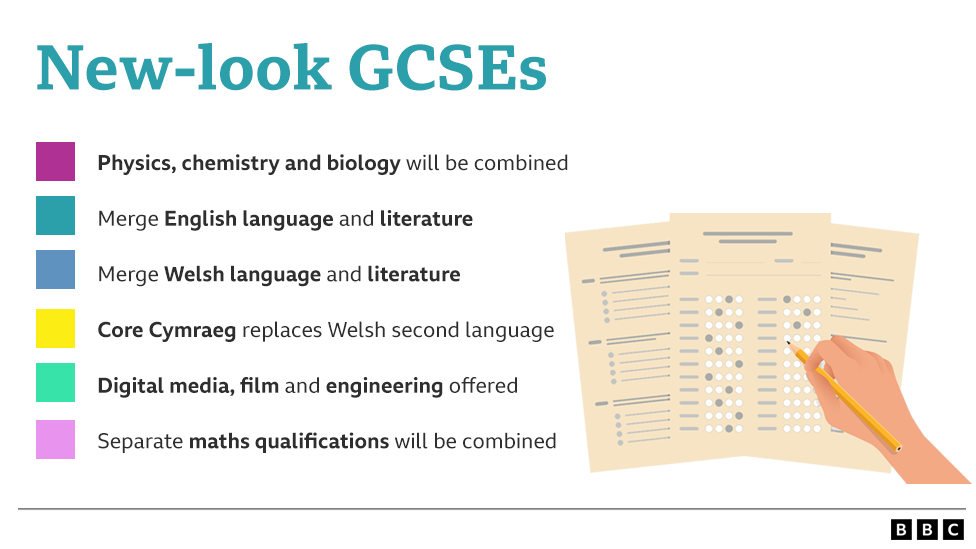
Changes have been made to the final plan after feedback, including making the new English, Welsh and maths equivalent to two GCSEs rather than one and a half as originally proposed.
Pupils will be awarded two grades for those subjects as well as for the sciences GCSE.
At the same time a less demanding qualification, given a single grade, will be offered in English, Welsh and sciences.
Sex education campaigners lose bid to appeal
- Published7 June 2023
Schools urge Welsh-speaking teachers to come home
- Published24 May 2023
Explicit image sharing 'commonplace' in colleges
- Published7 June 2023
'Entrenching inequality'
However, science groups are unhappy with the plan after supporting the original proposal for one GCSE sciences qualification.
"It risks entrenching inequality with a two-tier system, and fatally undermining what could otherwise be a progressive and positive reform," the Institute of Physics said, as well as "damaging the Welsh economy".
The Royal Society of Chemistry called it a "missed opportunity".
"With the current STEM (science, technology, engineering, and mathematics) skills crisis, the last thing Wales needs is to shrink the future talent pool by continuing to exclude people with an unfair two-tier science education," it added.
Qualifications Wales said the reforms were about enabling young people to become "rounded, competent, confident young people ready to succeed in their future lives".
Emyr George, its director of qualifications policy and reform, said it had been talking to universities and colleges across Wales and the UK about the changes.
"They are very supportive of the approach that we have taken," he said.
He said assurances had been given that "they'll be able to prepare to make offers to learners as they come through the system with a really good understanding of what qualifications learners will be gaining as they come through the new curriculum".

Pupils Albert, Faith, Tomos, Cadey and Alex share their thoughts
What do pupils think?
At Monmouth Comprehensive School, Year 7 pupils Faith and Tomos, 12, will be among the first to take the new look GCSEs but, at the moment, they feel distant.
"We've got a long way to go," said Faith, who enjoys drama, music and art.
But Tomos feels a "bit nervous because there's going to be a lot of revision".
Albert, in Year 10, who has just done some GCSE exams, said he had enjoyed the chance to specialise but felt there was room to "shake things up".
Under the new GCSEs, there will be less emphasis on exams in some subjects and more assessment throughout the course.
"I quite like exams because they're a good knowledge focus - you know what you're learning for... but I do know some people who have struggled with exams," he said.
Cadey, 17, who is taking sciences at A-level, said she was not convinced merging sciences in one qualification was the right approach.
"They're good separate because they are separate entities. I feel like you would struggle to do the A-levels if they were all mixed in together at GCSE," she added.
Too much divergence between qualifications in England and Wales was a worry for Alex, 17.
He said it was important the system "allows universities in particular to understand students’ knowledge and understanding in particular areas".
Related stories
- Published25 June 2023
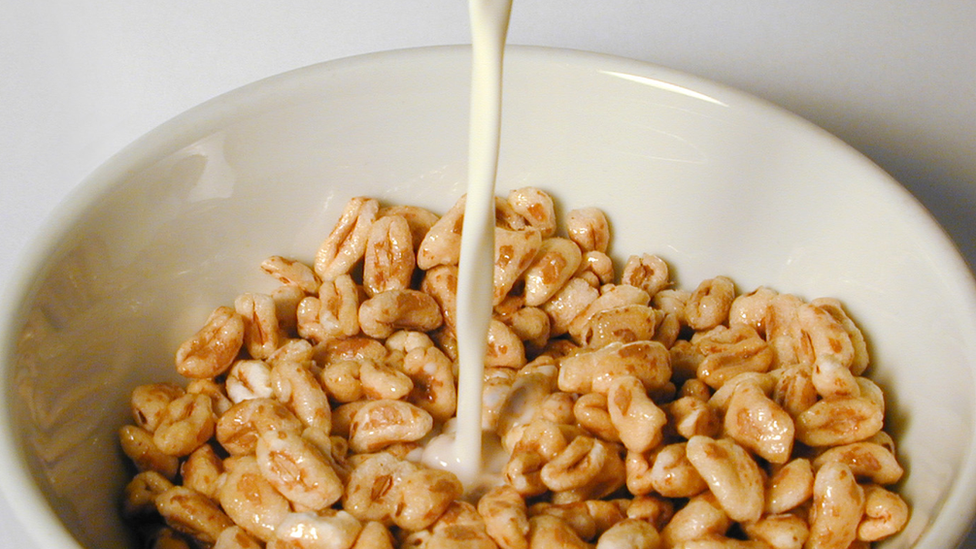
- Published28 June 2023
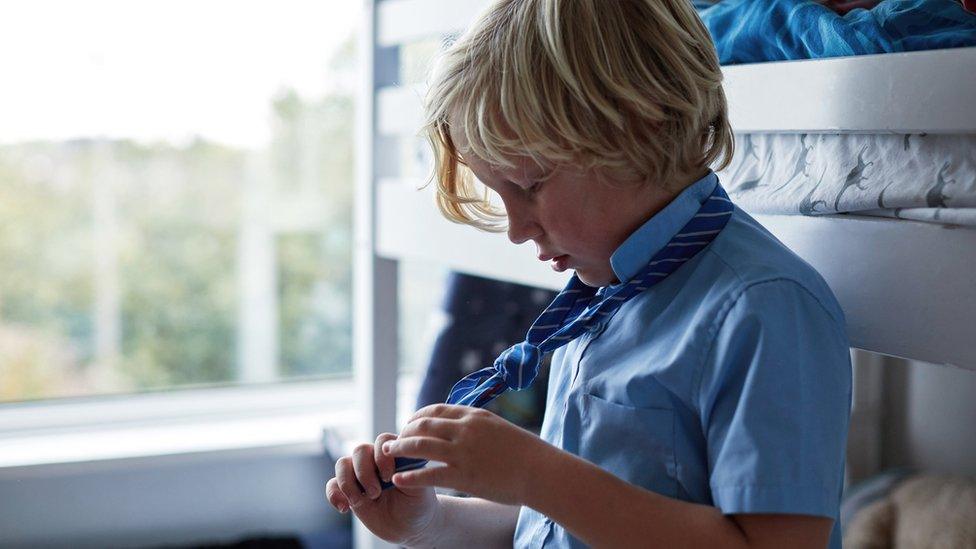
- Published28 June 2023
